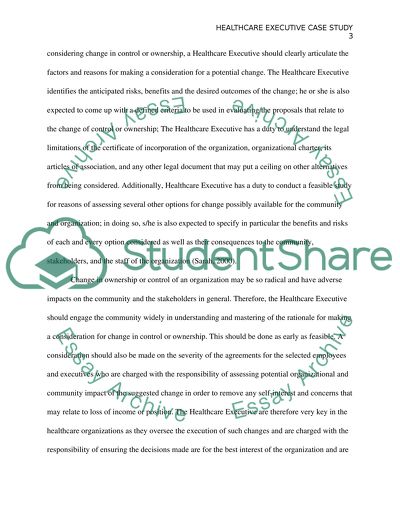Cite this document
(“Healthcare Executive Essay Example | Topics and Well Written Essays - 1250 words”, n.d.)
Retrieved from https://studentshare.org/health-sciences-medicine/1461104-case-study
Retrieved from https://studentshare.org/health-sciences-medicine/1461104-case-study
(Healthcare Executive Essay Example | Topics and Well Written Essays - 1250 Words)
https://studentshare.org/health-sciences-medicine/1461104-case-study.
https://studentshare.org/health-sciences-medicine/1461104-case-study.
“Healthcare Executive Essay Example | Topics and Well Written Essays - 1250 Words”, n.d. https://studentshare.org/health-sciences-medicine/1461104-case-study.


